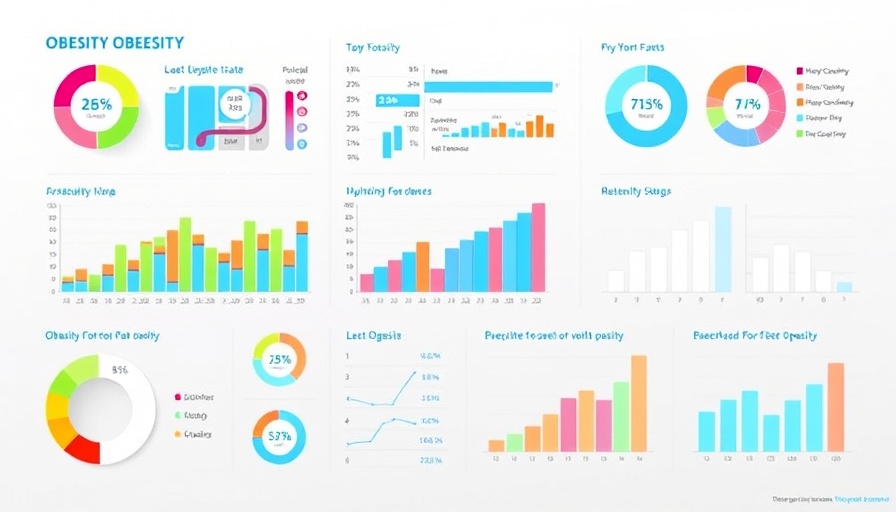
Understanding the Alarming Surge in Severe Obesity
In recent years, the United States has witnessed a rising tide of obesity that far exceeds even the most dire predictions. A new study led by the Pennington Biomedical Research Center reveals that while obesity rates among adults have grown by approximately 30% over the past 20 years, the incidence of the most extreme levels of obesity—those with a Body Mass Index (BMI) over 60 kg/m²—has skyrocketed by an astonishing 210%. This stark statistic underscores an urgent health crisis that requires attention and action.
The Real and Present Danger of Extreme Obesity
The distinction between general obesity (BMI of 30 kg/m² or more) and extreme obesity (BMI of 60 kg/m² or more) is critical. According to Dr. Philip Schauer, a key researcher in this study, those with a BMI over 60 kg/m² are facing unparalleled health risks. These individuals are often over 200 pounds overweight and may experience severe limitations in mobility, resulting in higher healthcare costs and frequent hospital visits.
The lack of attention towards this growing demographic of severe obesity poses a threat, not just to the individuals affected, but to our healthcare system as well. As these patients often exceed the weight limits of standard medical equipment, medical providers are met with significant challenges when delivering care.
Social Implications and Community Health Awareness
This escalating health issue is not only a personal tragedy for affected individuals but reflects broader societal trends that demand collective awareness. As communities reevaluate their health and wellness initiatives, the focus must shift toward addressing the needs of people with extreme obesity. Promoting accessible health and wellness centers that cater to diverse populations can empower individuals to manage their health more effectively.
The Role of Medication in Addressing Obesity
The rise in extreme obesity has coincided with the introduction of GLP-1-based medications, which are showing promise in management but are largely untested in individuals with the highest BMIs. With randomized controlled trials often focusing on participants with not-so-extreme obesity, the debate continues about how effective these treatments might be for those with a BMI of 60 or greater. It highlights the urgent need for more clinical research focused on this high-risk population to pave the way for effective treatment options.
Actionable Insights for Health and Wellness
For individuals and communities grappling with the realities of extreme obesity, seeking natural health and wellness solutions is crucial. Lifestyle changes, such as promoting healthy eating habits and regular exercise, are foundational in reversing the trend. Authors of health and wellness articles frequently note that natural therapies, including nutrition-focused approaches or consulting naturopathic doctors, can complement conventional medicine by addressing the root causes of weight-related health issues.
Supporting Those Facing Extreme Obesity
For those struggling with severe obesity, fostering a supportive community that normalizes their experience is essential. This support can take many forms—from physical assistance with mobility to creating inclusive environments where individuals feel safe pursuing healthier habits. Community health events in cities such as San Antonio can play a pivotal role in promoting awareness and providing resources.
Moving Forward with Hope
The dramatic increase in extreme obesity cases presents a wake-up call for healthcare systems and communities alike. It prompts us to prioritize the health needs of the most vulnerable populations and rethink our approaches to health and wellness. By advocating for comprehensive health initiatives and personalized care tailored to their unique challenges, we can foster a healthier future for all.
Take action today by exploring health and wellness programs available in your community that focus on sustainable and natural solutions for weight management. Everyone deserves support on their path to healthier living!
 Add Row
Add Row  Add
Add 




 Add Row
Add Row  Add
Add 


Write A Comment